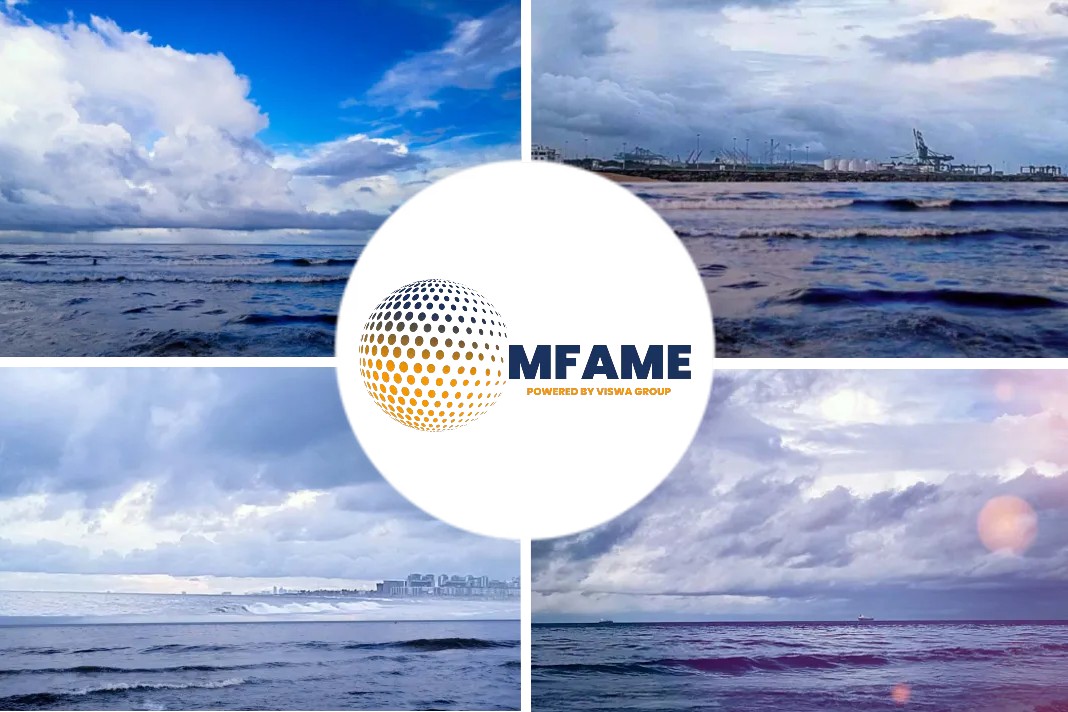
The buoyant tanker sector has decoupled from the gyrations of the world economy and looks set fair for this year and beyond, delegates attending this week’s Maritime CEO Forum at the Fullerton Hotel in Singapore were told, says an article published on Splash.
Tanker session
Last year’s tanker session at the same event was equally bullish, something repeat panellist Alan Hatton picked upon in his opening remarks.
Top dollar
“It looks like we got it right for a change,” said Hatton, the CEO of Foreguard Shipping, going on to say that it was still hard to find a tanker sceptic.
“We think it looks good for 2023 and beyond,” he said. “The orderbook remains low, and to order a ship costs top dollar and you have to wait, and we still don’t know what propulsion to choose.”
Positive fundamental factors
While the world has been facing recessionary pressure tankers have been relatively strong leading Hatton to suggest tankers have decoupled.
Also seeing positive fundamental factors was Subhangshu Dutt, a director at local owner OM Maritime, who forecast no major injection of tonnage anytime soon, and fleet supply being hit by encroaching EEXI and CII factors.
Energy security
For Wellington Koo, executive director at Valles Steamship, the long-term outlook does indeed look favourable.
“I’m really optimistic,” said Christian Ingerslev, the CEO of Maersk Tankers. “Energy security will drive this sector forward, especially in Europe.
Coming couple of years
Ingerslev said a sign of today’s strong markers was in so many trading houses deciding to take longer charters.
High newbuild prices are here to stay, according to Ingerslev, something Hatton warned means any new ship entering the market in the coming couple of years would need to earn 15 years of rates at levels, something that has not happened on average for the past 20 years.
Payment schedule
No panellist quizzed showed an appetite to order, put off by both prices and an unclear choice over future green propulsion choices with Koo from Valles hitting out at shipyards for their failure to deliver innovative solutions to shipping’s ongoing green puzzle.
“Prices are historically high for newbuilds and coupled with high-interest rates and that is a hefty payment schedule for the lifetime of these ships,” warned OM’s Dutt.
Potentially marooned ships
Panellists were convinced that today’s shadow fleet would find it very difficult to reenter the mainstream fleet, even in the event that war between Russia and Ukraine finishes soon, suggesting that these potentially marooned ships would be scrapped.
Did you subscribe to our Newsletter?
It’s Free! Click here to Subscribe!
Source: Splash













